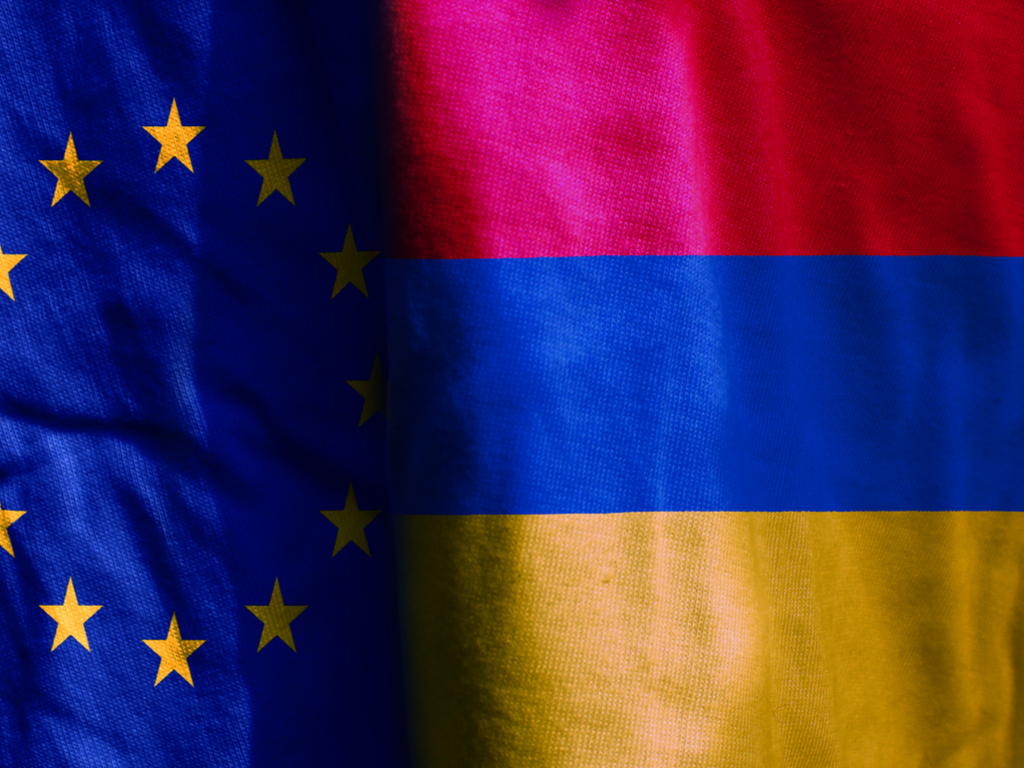This document presents an updated EU Country Roadmap for Engagement with Civil Society in Armenia for the period 2018-2020. It contains a brief analysis of the civil society arena and its operating environment and identifies the EU’s priorities and actions for engaging with the civil society in the years to come.
The Roadmap has been drafted and adopted by the EU Delegation and EU Member State Embassies in Armenia following the wide consultations with the civil society organizations between June and December 2018.
The following priorities have been identified as an outcome of the consultations and reflect the main lines of engagement between the EU and its Member States, on the one side, and the civil society in Armenia, on the other side:
Priority 1. To support efforts to enhance the operational space for CSOs representing marginalized and vulnerable groups and/or working on the most sensitive and at-risk human rights.
Priority 2. Support Armenian civil society in systematic monitoring and engagement in policy dialogue on the legal framework for an enabling environment.
Priority 3. Support civil society efforts to act as efficient government watchdogs and provide constructive contribution to governance reforms.
Priority 4. Support civil society monitoring of the implementation of the EU-Armenia Comprehensive and Enhanced Partnership Agreement (CEPA) and establishment of a bilateral EU-Armenia CSO platform.
Priority 5. Provide targeted capacity building for civil society to effectively engage with citizens and become more sustainable.
Priority 6. Support civil society and CSO coalitions promoting gender equality, youth participation and rights of most vulnerable groups.
Priority 7. Support increased cooperation and mutual learning between CSOs, trade unions and businesses, including financial education for CSOs and services for the public-private sector.
Priority 8. Support civil society engagement in the area of environment, energy efficiency and climate change.
The Roadmap is a living document that can be revised based on the changes in the needs, political-legal environment, and civil society landscape. The list of above priorities and actions will guide future engagement but should not be seen as a complete and static list.




